What should not be flushed down the toilet?

The toilet is one of the most important elements of our homes, offices or public places. It is a place where we defecate, so it should be clean and hygienic. However, we should remember that only certain things should be flushed down the toilet, while others should not end up there at all. Why? Do you know what items cause problems in the sewer system and can affect the natural environment? In this article, we will discuss what should not be flushed down the toilet and why.
Check our offer of urinals and toilet bowls!
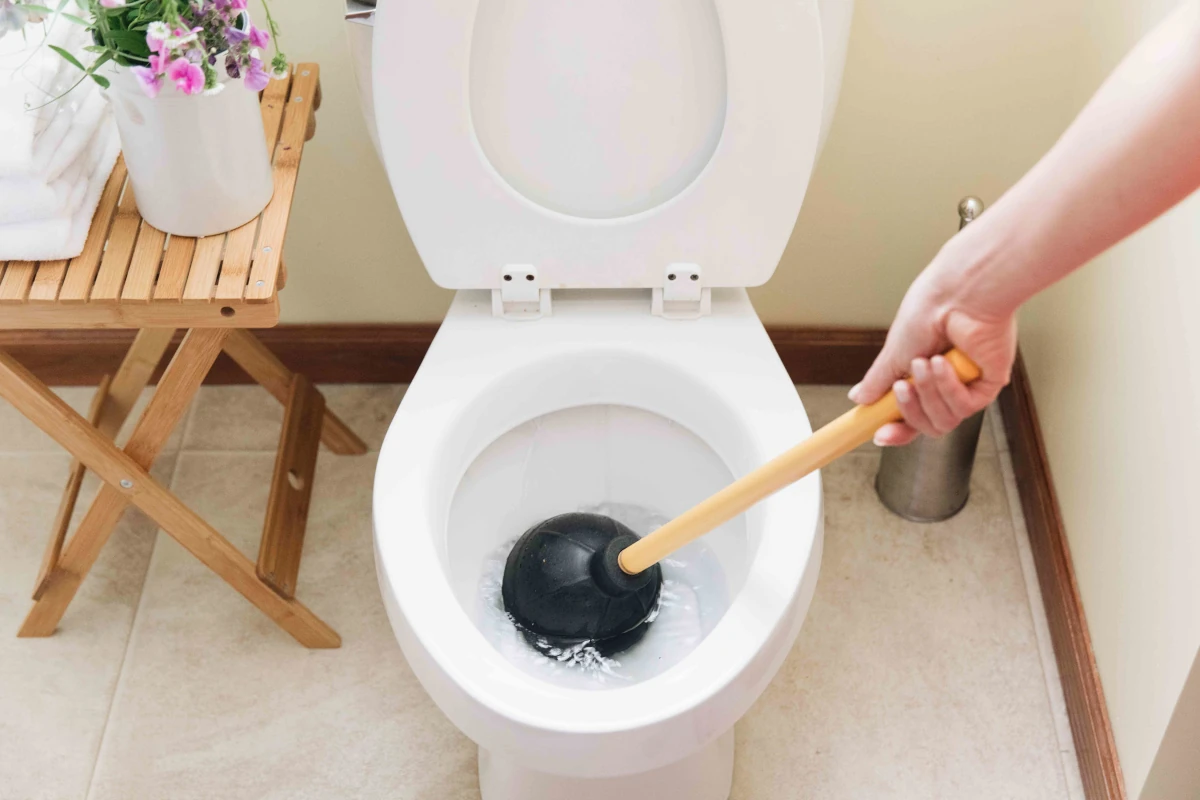
Sanitary wipes
First of all, one of the most commonly encountered items that should not be flushed down the toilet are sanitary wipes. Although they seem to be similar to toilet paper, they are actually made of fibers that are not biodegradable. As a result, when wipes are flushed, they usually clog the sewer pipes, leading to blocked sewers and blockages in the sewage system. To avoid such problems, wipes should always be thrown in the trash can, not flushed in the toilet.
A similar item that should not be flushed in the toilet are wet wipes, such as moist towelettes. They usually contain various chemicals, such as alcohol and preservatives, which can not only cause blockages, but also affect the chemical composition of water and the natural environment. In this case, wet wipes should also be thrown into the trash can, not flushed down the toilet.
Medicines and dietary supplements
Another product that should be avoided in the toilet are medicines and dietary supplements. Some medicines and supplements can change the chemical composition of water, which can affect the aquatic ecosystem. In some cases, such as antibiotics, they can also affect the bacteria population in the sewage system, which can lead to serious health and ecological problems.
Flushing medicines and chemicals down the toilet can cause water pollution, posing a threat to the health of humans and animals. Medicines and chemicals contain chemical substances that can be toxic to living organisms. Therefore, if you want to get rid of unnecessary medicines or chemicals, you should always take them to a collection point or pharmacy.
Food waste
One of the most harmful products that are often flushed down the toilet is food waste. Unlike biodegradable products, such as toilet paper, food can cause serious blockages and odors. Coffee, fatty meat, eggshells, and vegetables are particularly problematic, as they tend to accumulate and create blockages in the pipes.
Food waste flushed down the toilet can also clog and pollute sewage treatment plants. These wastes are difficult to remove from water and can cause problems with the sewage treatment plant, which can lead to water pollution and harmful health effects.
Flushing food waste down the toilet can also cause unpleasant odors. Food remnants lingering in the sewer pipes start to decompose, resulting in the production of hydrogen and sulfur gases, which have a very unpleasant smell. Food waste can also start to ferment, leading to the production of acidic odors that can be difficult to eliminate.
Diapers, sanitary napkins and tampons
Diapers, sanitary napkins, and tampons are made from materials that do not dissolve in water, and their size and shape can easily block sewer pipes. When flushed down the toilet, they are unable to pass through the entire sewage system, leading to blockages in the pipes. As a result, the toilet water can stop draining or overflow the bathroom.
Unfortunately, blockages in sewer pipes are not just a practical issue. These products, which linger in the sewer pipes, can lead to the development of bacteria and viruses, which in turn can lead to the production of unpleasant odors and the spread of diseases.
Therefore, to avoid these problems, you should always throw diapers, sanitary napkins, and tampons in the trash can, not in the toilet. In public places, there should always be special waste bins for this type of waste.
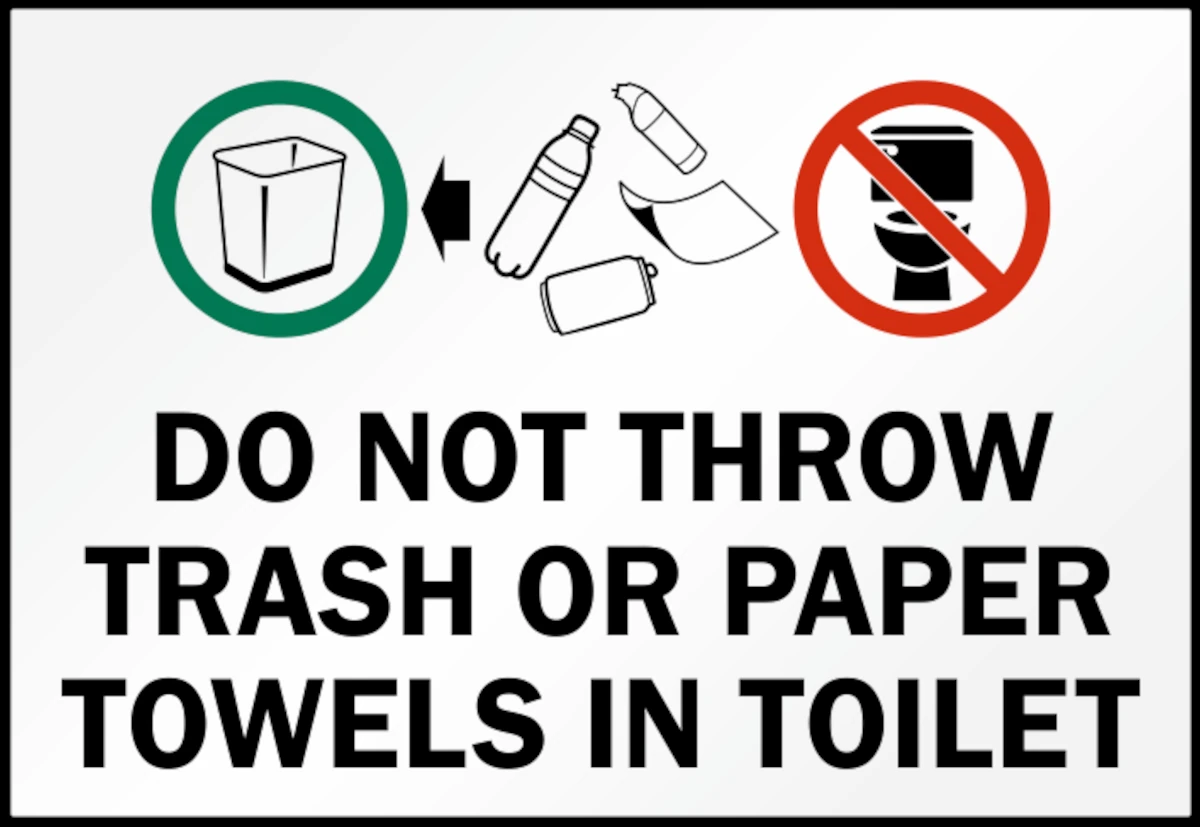
Conclusion
Flushing inappropriate products down the toilet can lead to serious problems in the sewage system, as well as affect the natural environment and public health. It is worth remembering that the toilet is only for disposing of human waste and toilet paper. All other products should always be disposed of properly and in accordance with regulations.
Check out our range of bathroom equipment!
Author: Marcel Apola



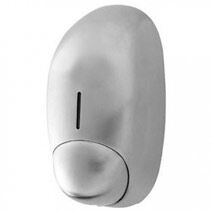

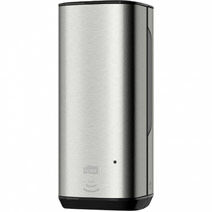
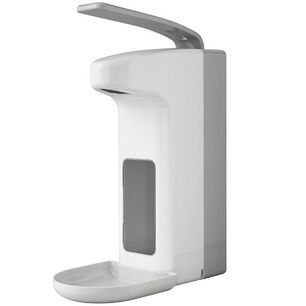
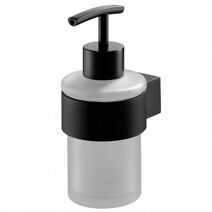
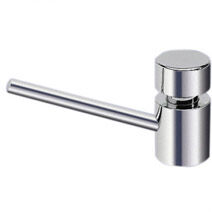
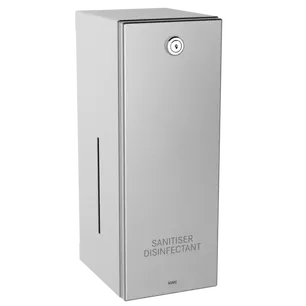

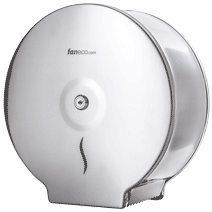

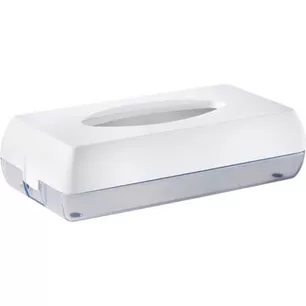
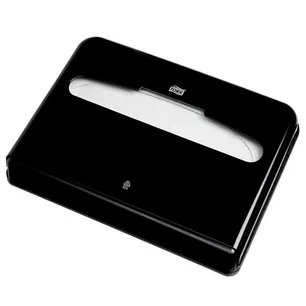
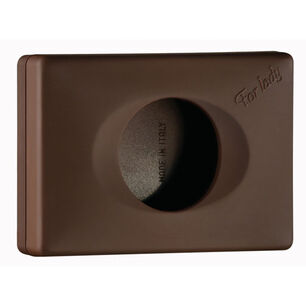
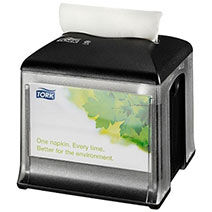

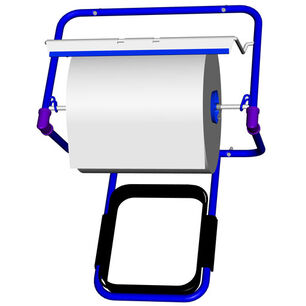
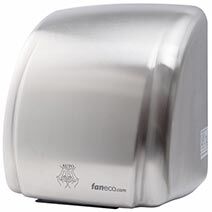
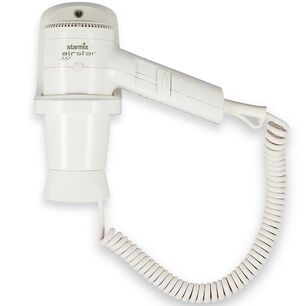
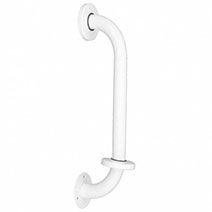
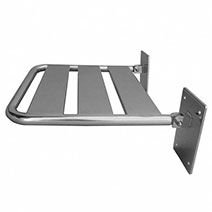
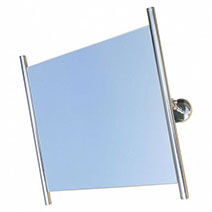
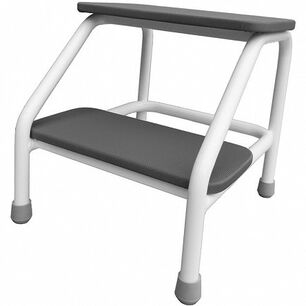
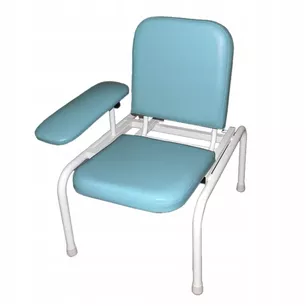
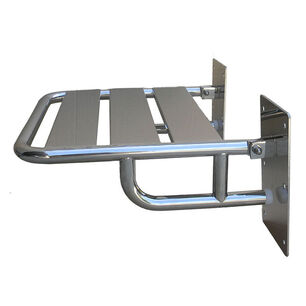



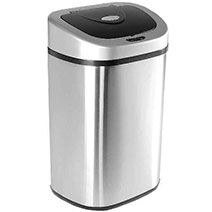
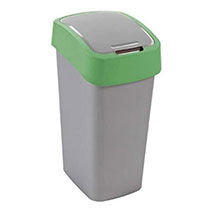
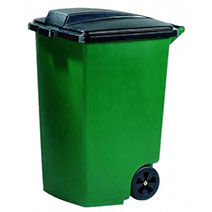


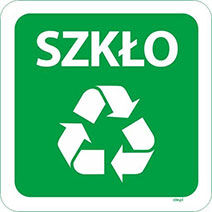
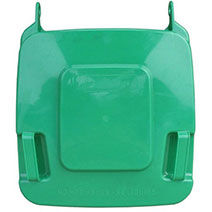
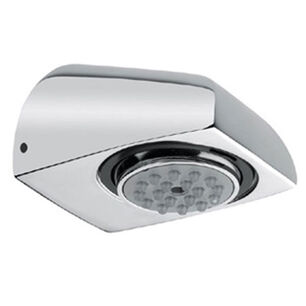
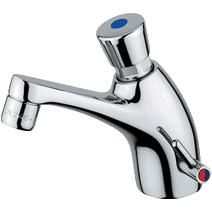
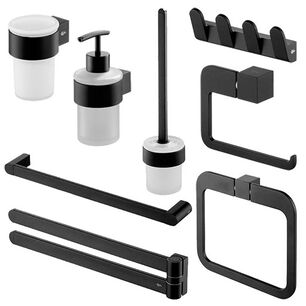
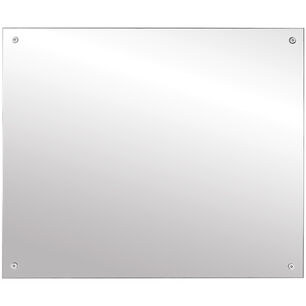
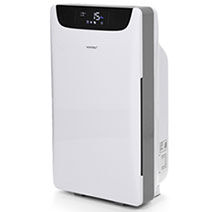

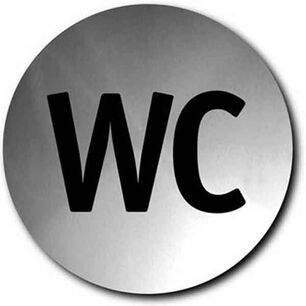
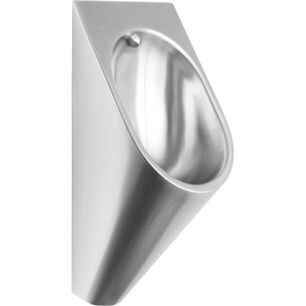
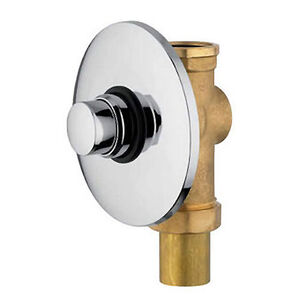
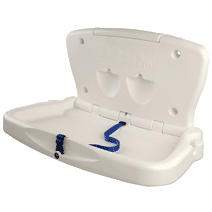
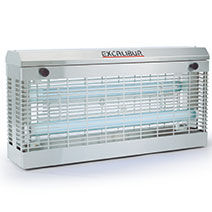
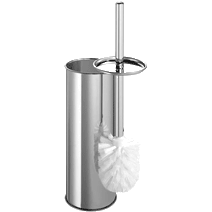
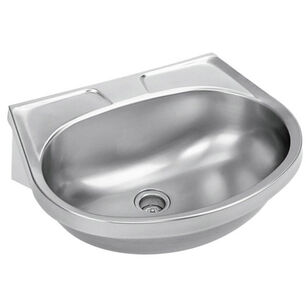
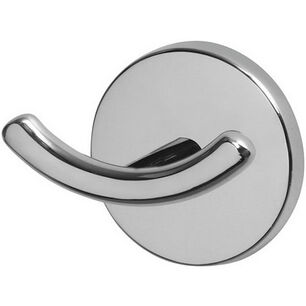
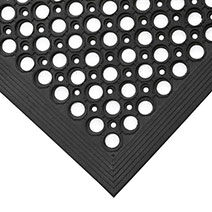
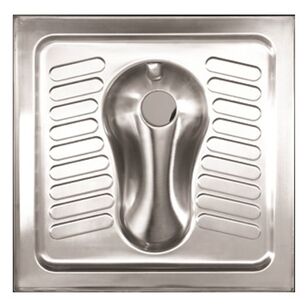
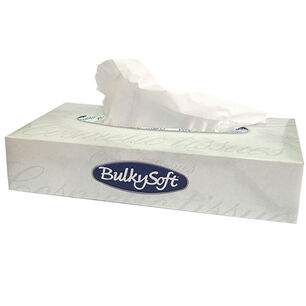
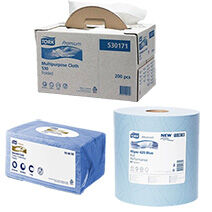
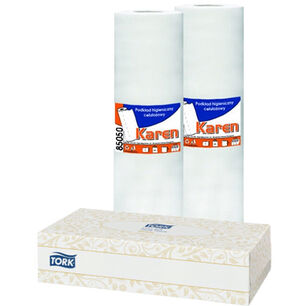
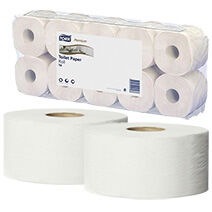

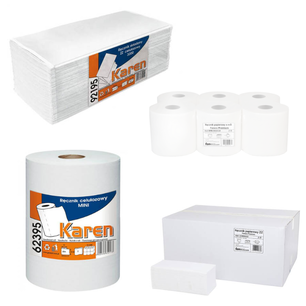
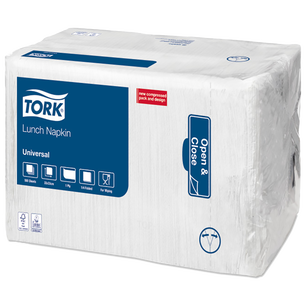
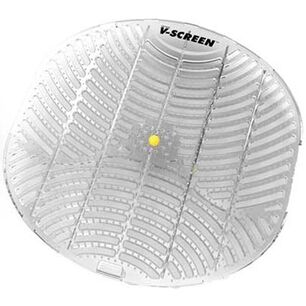
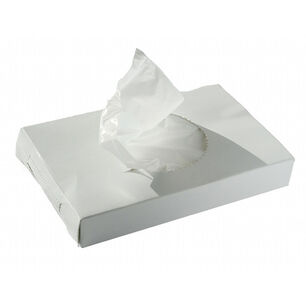
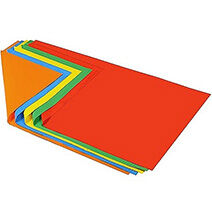
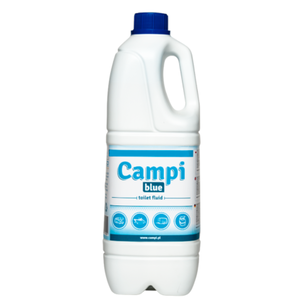
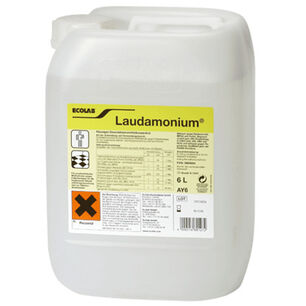
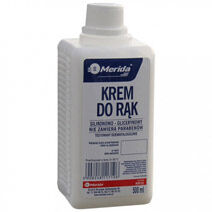
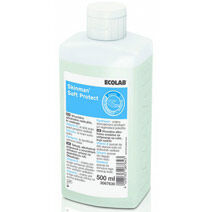
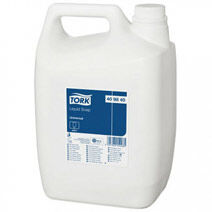
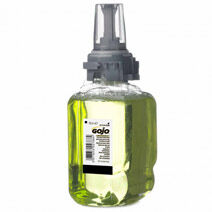
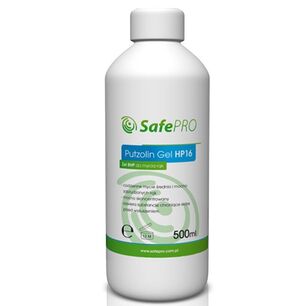
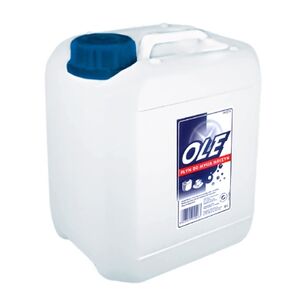
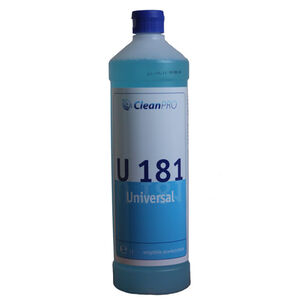
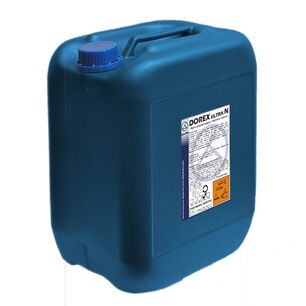
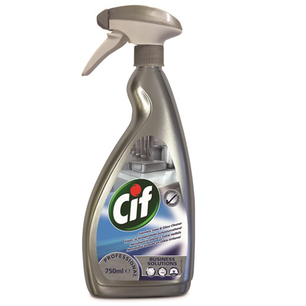
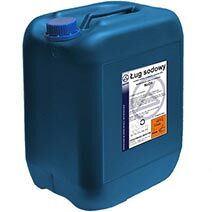

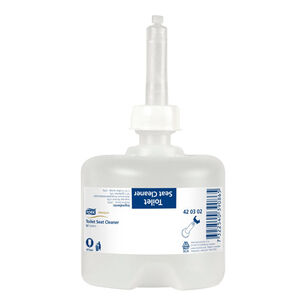
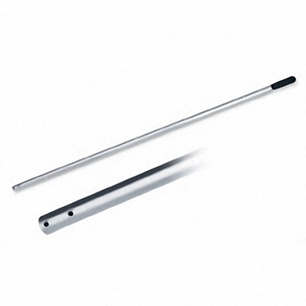
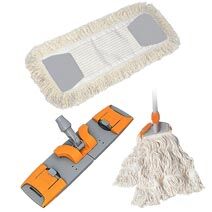

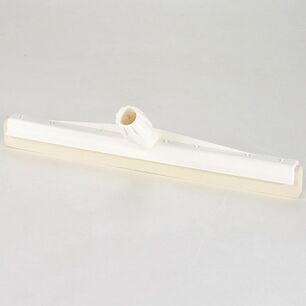

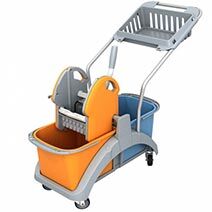
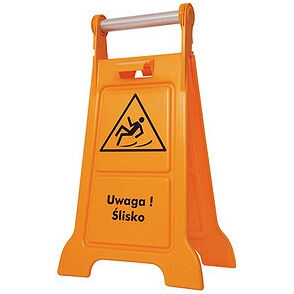

 Polski
Polski
 Czech
Czech
 German
German
 Spanish
Spanish
 Slovak
Slovak